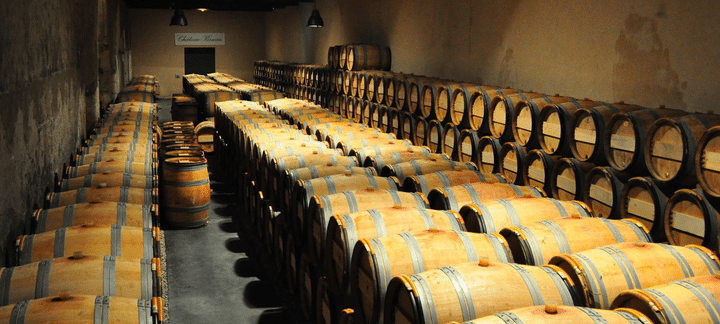

In the third part of this multi-part article we shall continue our insight into the Danish wine market. Data released by the Center for the Promotion of Imports from developing countries shows us, as we have already seen, that the retail segment in Denmark is dominated by supermarkets, but also that the role of the specialist retailers is not to be underrated. The on-trade segment is expected to see better days and producers of premium wines should consider tackling the on-line market.
Another trend to be considered has to do with the growth of bulk wine trade. It is typical not only of Denmark, but it has been noticed all through Europe. CBI experts describe the situation as follows: “Large importers and retail chains with their own brands lead developments in this trade”. By importing bulk wine they can gain control over those processes that have to do with blending and bottling. If they want to make changes that have to do with the quality aspect or with the price, they can change wine blends. These alterations could not otherwise be made if they were importing bottled wine. It is also a good opportunity for them to come up with their personal brand and to further strengthen their place in the market. Wine producers from developing countries should seize this chance, since “traditional suppliers in Southwest Europe are exporting much of their wine to other continents instead of European markets”. Therefore wine importers in Denmark are looking for new suppliers of bulk wine from other parts of the world. Importers of bulk wine are less concerned with quality, but volume is crucial. So potential producers must prove that they can supply al least 100 thousand litters of wine at the required time.
More than other Europeans, Danes are concerned with environmental issues. Therefore the organic wine market is to be taken into consideration by possible investors from developing countries. Organic wines are high quality wines, so producers must meet the market’s demands. Consumers in Denmark are interested in the whole wine market process. To increase their chances, suppliers must not only document that their wine is organic, but it would be helpful if the proved that they care about ethical issues by maintaining high standards throughout the whole transportation process. Consumers of organic wine also pay attention to the quality / price ratio.
Image courtesy of xlibber – Some rights reserved
© www.bestwineimporters.com 2015





